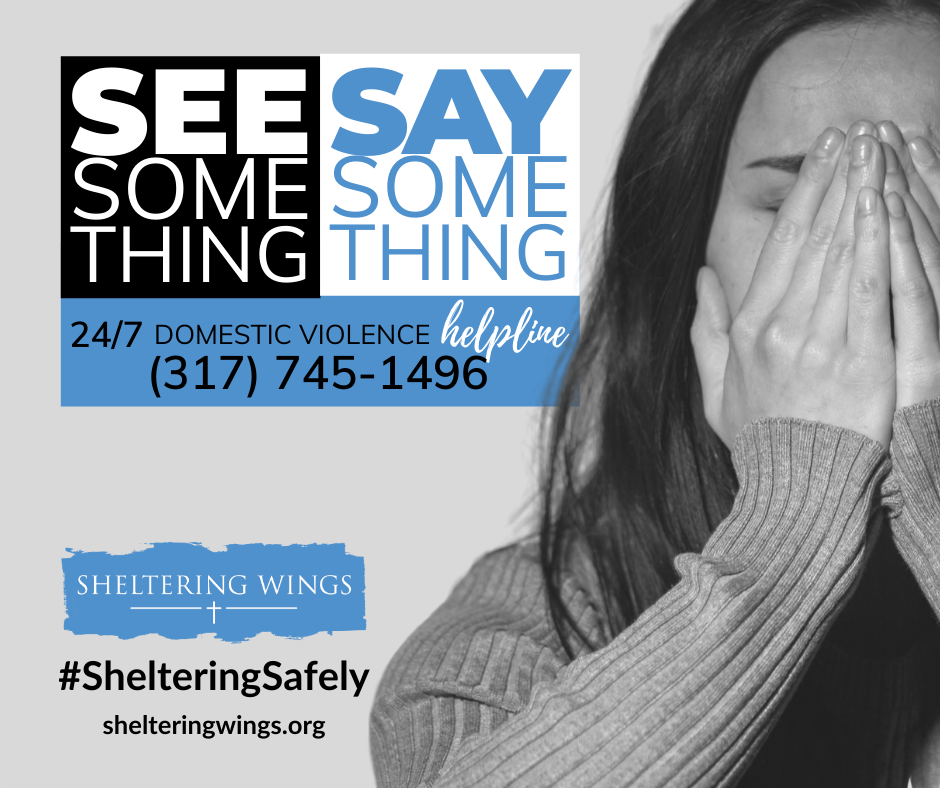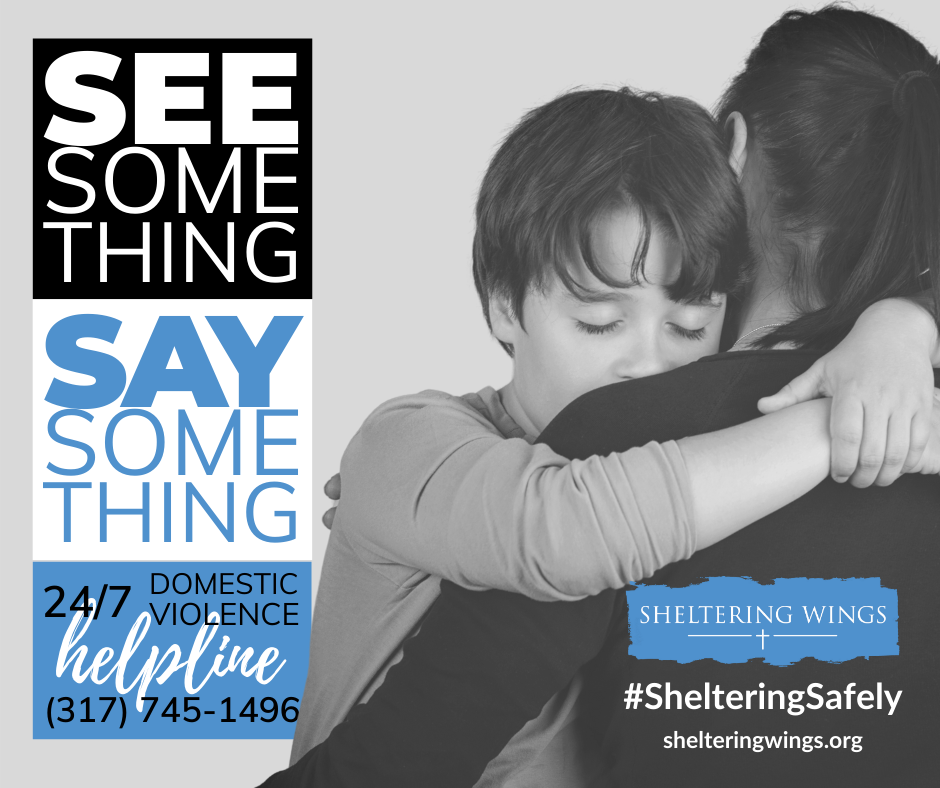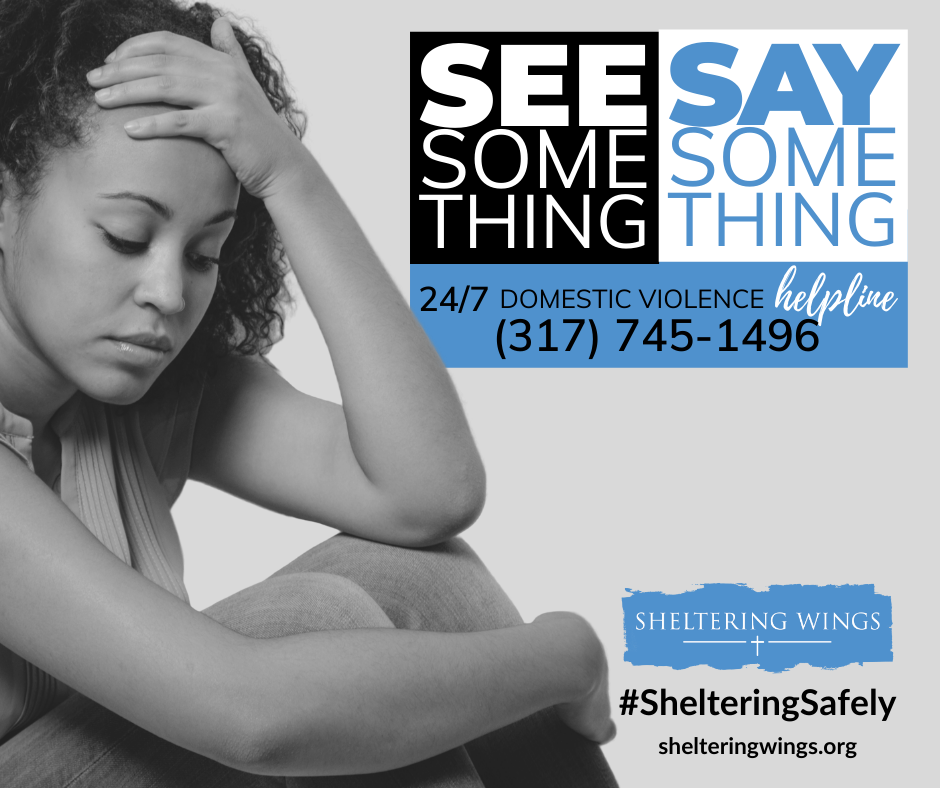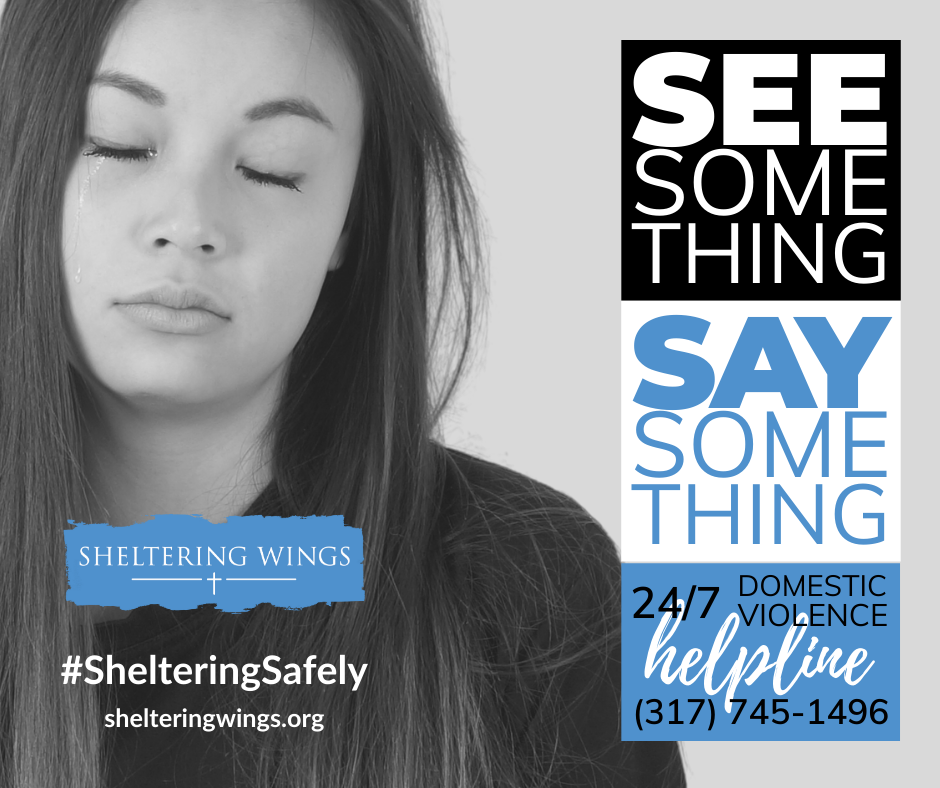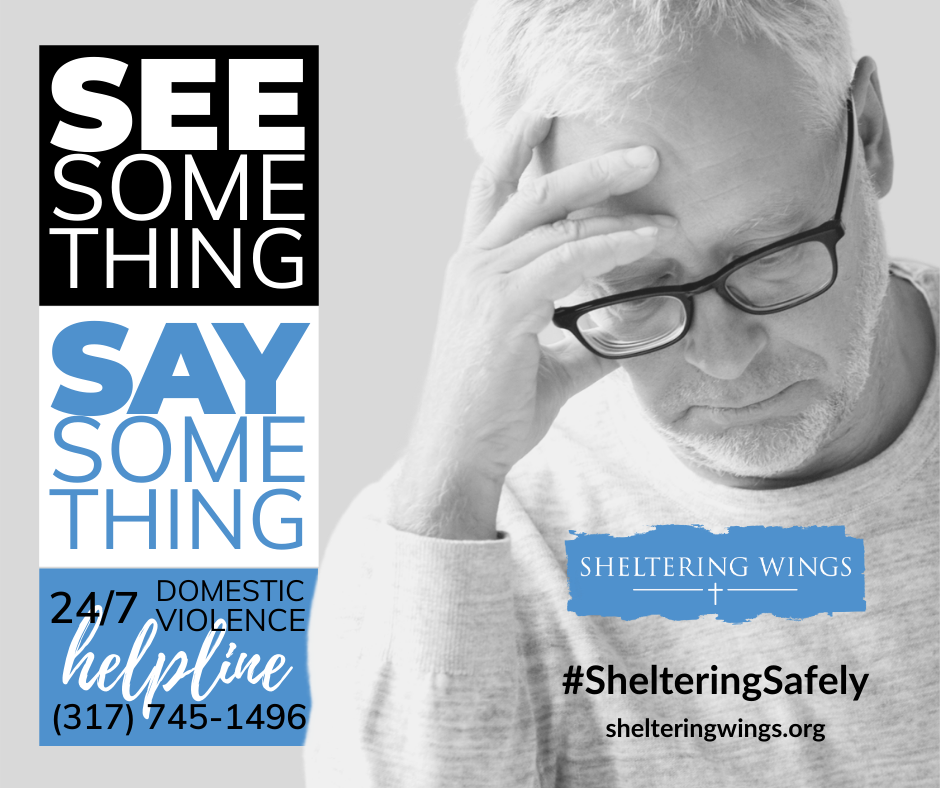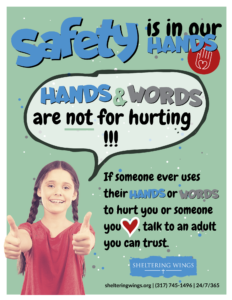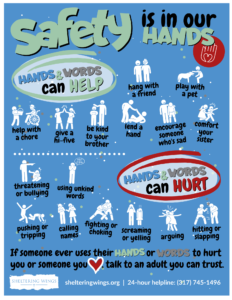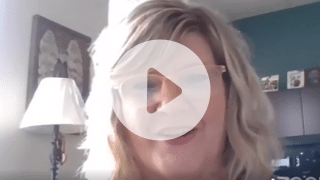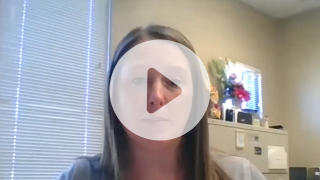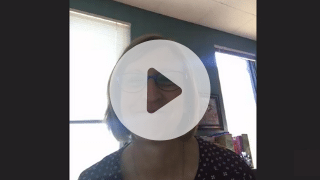The coronavirus (COVID-19) pandemic quarantine is teaching us many things. One of the most important is that we need one another.
We need one another.
This is especially true for men, women and children who are quarantined with their abusers. Isolated from many of their closest friends and family members because of the shelter-at-home order, they are forced into uninterrupted close proximity with people who are unsafe, manipulative, controlling and abusive. Cut off from the world and in increasing risk of their abusers’ violence, these people find themselves in an extremely vulnerable situation.
What can we do?
We can check in on people we haven’t seen in a while. We can watch and listen for signs. We can pray. We can help raise awareness. And, we can have the courage and faith to step up when we have a chance to help.
The materials assembled on this page – social media content, posters, blog posts, links and more – are designed to equip and inspire you as, together, we attempt to create communities in which all of our friends, family members and neighbors are #ShelteringSafely.
“With more than three-quarters of the US population told to stay home to stem the pandemic’s spread, nowhere is safe for victims of intimate partner violence. A self-quarantine puts them in perpetual proximity to their abuser. Leaving exposes them not just to a deadly virus but a world that has largely closed its doors.”
Sarah FieldingThe Guardian, 4/3/20
Help us raise awareness during this dark time by sharing these resources on your favorite social media platform.
Social Media Images
Click on the image(s) you want, save it to your device and post it on your social media profile. Include your own comment or make one of our posts (below) your own. Be sure to use #ShelteringSafely.
Social Media Posts
You can make a difference by posting on your social media profiles. Because all of your friends and followers are either experiencing domestic violence or know someone who is, your posts will help raise awareness of the issue in the community, aid in efforts to prevent further acts of violence and equip people to take action appropriately.
Be sure to tag @ShelteringWings and use #ShelteringSafely.
Did you know that 1 in 4 women and 1 in 7 men will experience domestic violence during their lifetime? And, #QuarantineLife makes it more difficult for victims. Join me in looking out for friends and neighbors. See something. Say something. #InThisTogether #ShelteringSafely
It takes #DomesticViolence victims an average of 7-10 attempts to fully and finally leave their abusers. It’s not because they’re weak. They’re so courageous. It’s because it’s difficult. Here’s one survivor’s story. https://bit.ly/3aioGfo #ShelteringSafely
Join me in standing for #DomesticViolence victims living #QuarantineLife with their abusers. Reach out to see if they are OK. Your concern can safe a life. Not sure what to ask? Try these questions. https://bit.ly/2VFrr5f #ShelteringSafely
Know a #DomesticViolence victim quarantined with their abuser? Establish a code word they can use to notify you they’re in danger. Research on their behalf. Put together a safety plan for them. Your vigilance may save a life! https://bit.ly/3aiOyHO #ShelteringSafely
Join me in looking for signs of #DomesticViolence, especially while friends and neighbors living #QuarantineLife with their abusers. Check out these resources designed to help you recognize signs and respond. https://bit.ly/2VHtVA6 #ShelteringSafely
Children’s Safety Posters
Children are the silent victims of domestic abuse. Regardless of whether they are witnessing violence or experiencing it, it affects their lives. According to the CDC, children who are raised in homes where abuse is a reality are 11 times more likely to choose intimate partners who are abusive or to become abusive themselves. We can help break the cycle by empowering and encouraging children to speak out.
Print and display these posters in areas where children congregate. Then, watch and listen for signs that indicate that children might want to speak out. Be a trusted adult. And, if a child does entrust you with their experience, believe them, reassure them and call our 24/7 helpline at (317) 745-1496 for advice.
Video Conversations
During the quarantine, we will be recording conversations with different experts and audiences. All of them will be aimed at equipping people to see the signs of domestic abuse and respond appropriately on behalf of victims and their children. If you have a question or if there’s a topic you’d like us to discuss, contact Kevin at (317) 386-5050.
In this video, executive director Cassie Mecklenburg and residential services director Linda Wells talk about the unique challenges domestic abuse victims are experiencing while quarantined with their abusers. For many, home may be the least safe place they can shelter. Learn more about what victims are experiencing, where they can look for help and what you can do.
Experts predict there will be a flood of victims as the quarantine drags on. At Sheltering Wings, we’re preparing to respond. But, we know we cannot do it alone. Church leaders, you serve a critical role in ministering to these vulnerable people. Many will disclose their abuse to you as their pastor before they reach out to anyone else. Are you ready to respond?
We keep hearing how we need to be eyes and ears for our neighbors, that we ought to check in often during the quarantine. But, do you feel equipped to do so – especially if you fear your neighbor might be experiencing domestic violence? Case manager Veronica Keller talks about practical tips and tools you can use to reach out to someone whom you might fear is experiencing domestic violence.
Even though the end may be in sight, quarantine has proven to be stressful for even the healthiest of families. Many families are struggling to figure out how to deal with the new constraints imposed upon them by the coronavirus quarantine. But, it doesn’t have to be an awful experience. What are some tips for maintaining healthy patterns at home? Holly Porter has some great ideas to share!
Employers, do you know what your employees need from you to remain healthy and productive during the COVID-19 pandemic? Do you know how to spot signs indicating an employee is enduring domestic violence? How will you lead as we begin to emerge from this crisis? Operations Manager Amy O’Hearn talks about how employers and HR professionals can advocate for and protect the wellbeing of their employees during and beyond this crisis.
Blog Posts
We publish blog posts regularly. You can see our entire archive here. The following have been chosen because they are especially pertinent for the season in which we’re living. We hope these posts inspire and equip you to stand for victims and their children and to help them find the hope and help they need.
Crisis Brings Clarity
We identify and cling to the things that matter most to us during a crisis like what we’re experiencing during this pandemic. What’s most important? Who are my people? What are my priorities? What is essential and what is optional?
I’ve considered these questions in recent weeks. Maybe you have, too.
How to Help Someone Who Might be a Victim of Abuse
We talk about domestic abuse in the community and try to teach people to recognize the signs. Acting on those signs, though, is a formidable prospect. Though you probably want to storm in and rescue the victim, doing so can be extremely dangerous for everyone involved, especially for the victim.
Why Don’t Domestic Violence Victims Just Leave Their Abusers?
It’s not that easy. Believe me. I’ve been there. And I think I’m pretty darn smart.
An abuser shatters our sense of self beyond recognition. We need people like those at Sheltering Wings to be there when we reach out for help.
Sheltering Wings Treated My Emergency as Their Own
I knew about Sheltering Wings, but never in my life did I ever think I’d have to call them. I did call, though, because I didn’t know what else to do.
They went into crisis mode! They said, “We have a place for you. Come straight here.” I can’t tell you how relieved I felt.
No Cry for Help Goes Unanswered Here
Sheltering Wings doesn’t turn away anyone who may be in life-threatening danger.
Thanks to generous support, we staff a 24-hour helpline every day of the year. When someone calls and we discern they are in danger, we get the caller (and their kids) to safety and shelter right away. If they cannot get here on their own, then we get creative.
Teens Need Help Recognizing and Leaving Toxic Relationships
Teens encounter two major challenges with dating: 1) Realizing when a relationship is unhealthy and 2) Knowing how to get out of it.
“A lot of teens don’t want to believe they’re not being treated right. They want to believe the relationship is going well. It’s hard to tell if you’re in an unhealthy relationship when you’re in it.”

